
European Summit: The possible deal, but it should be more ambitious
Lisbon, 21 July 2020 – Francisco Guerreiro, MEP of the Greens/European Free Alliance (Greens/EFA), considers that the agreement reached, at dawn today, for both the Multiannual Financial Framework (MFF) and for the Recovery Fund (RF) is what was achievable, but it is far from being what is needed.
The European Summit ended with a stipulated amount of EUR 1074 billion for the MFF and EUR 750 billion for the Fund.
The MEP regrets cuts in programs to mitigate the impacts of climate change and respond to the biodiversity crisis, the absence of mention of compliance with the rule of law to receive funds, to prepare for future pandemics in the European Union (EU), to sustainably relaunch the economy and, finally, to ensure that Europe remains cohesive and strengthens the internal market against macroeconomic shocks.
If, on the one hand, the historic decision to de facto allow Eurobonds, in the original global amount of € 750 billion, is to be commended, what we had to give up in order to achieve it is globally negative: cuts in essential programs such as the Just Transition Fund, in Health, Research and Erasmus; almost complete weakening of the conditionality of respect for the rule of law in order to access funds; introduction of a quasi-veto right by the Council to Member States in allocating RF grants.
This mutualisation of debt is a milestone in the history of European construction and, despite less acceptable variables, it may, together with the reasonable size of the global package, be sufficient to prevent a new sovereign debt crisis in countries in greater difficulty and the Euro itself.
The breakdown between grants and loans was the major point of contention. The European Commission and most countries wanted a package with € 500 billion in grants and € 250 billion in loans. A group of countries dubbed “frugal” started from an aggressive position of zero grants. In the end they accepted an RF with € 390 billion in grants and € 360 billion in loans.
At first glance, it may seem that the so-called "frugal" lost across the board, but in addition to a lower MFF, they managed (as is common in a European Council) to receive even more money on the famous "rebates", discounts that some Member States receive on the contributions they have to make annually to the common budget. Thus, Denmark saves an extra 155 million, Austria 278 million, Sweden 246 million, and the Netherlands an additional 245 million, adding up to an annual total of 1,921 million euros in “rebates”.
One of the positive points was the safeguarding of the commitment to increase the minimum investment to 30% both in the MFF and in the RF, which will necessarily have to be used in actions to fight climate change and protect the environment.
For Portugal, the agreement is moderately positive and represents a global value of 55.9 billion euros over the next 7 years. The recovery plan will include 15.3 billion euros in grants and the possibility of 10.8 billion euros in loans. From the Multiannual Financial Framework 2021-2027, 29.8 billion euros will come from the different programs (CAP, Erasmus, Horizon, ERDF, etc.).
In order to fully use all the funds, Portugal will have to considerably improve its execution and increase its (execution) capacity to 6.4 billion euros per year. The great challenge for the country is to avoid growing public and private indebtedness in the coming years and to ensure that, for every Euro spent on European funds or loans, it multiplies and ensures the creation of sustainable and long-lasting jobs.
In general, the agreement has positive aspects - even if it’s not what the Greens/EFA wished for - and reveals the ability of European leaders to reach consensus when facing a crisis. It is now up to the European Parliament, in the negotiations, to defend the strengthening of the conditionality of respect for the rule of law, to restore the cuts in some key programs and to force them to implement the plan of own resources (digital tax, plastics, financial transactions) so that, in the future, we do not need these stunts to have a robust budget.


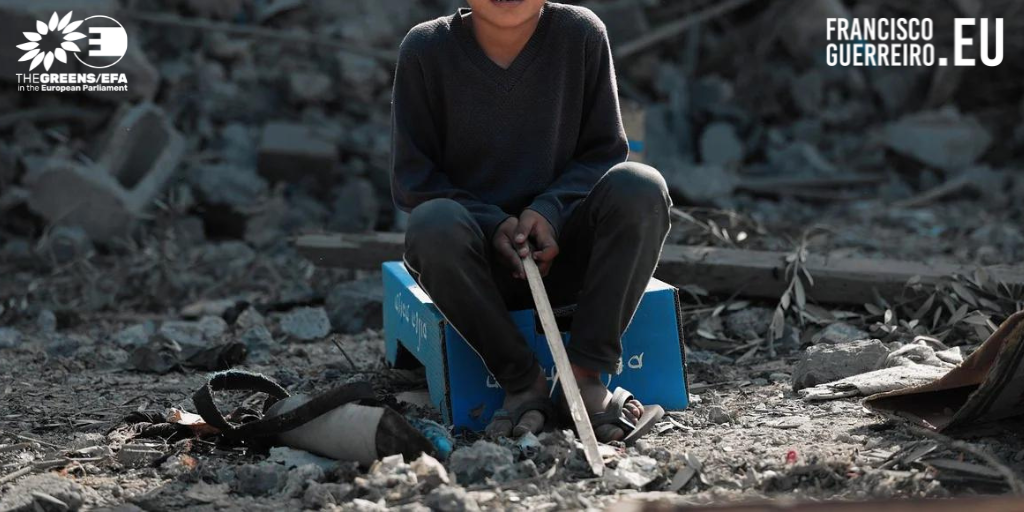
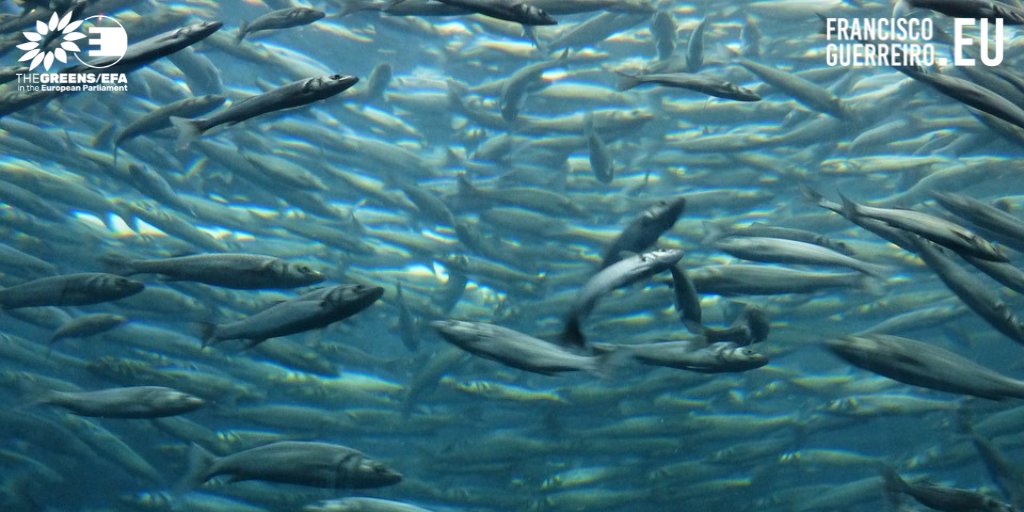

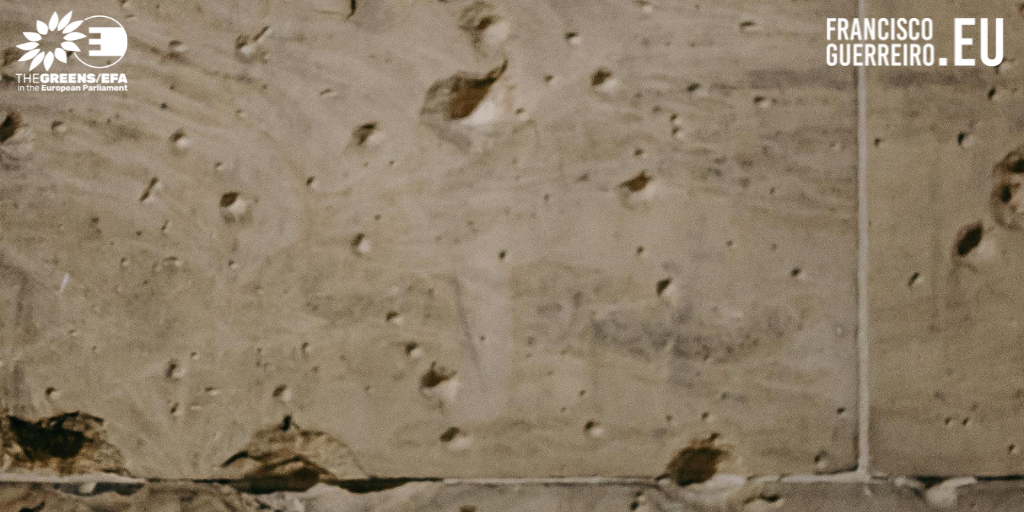
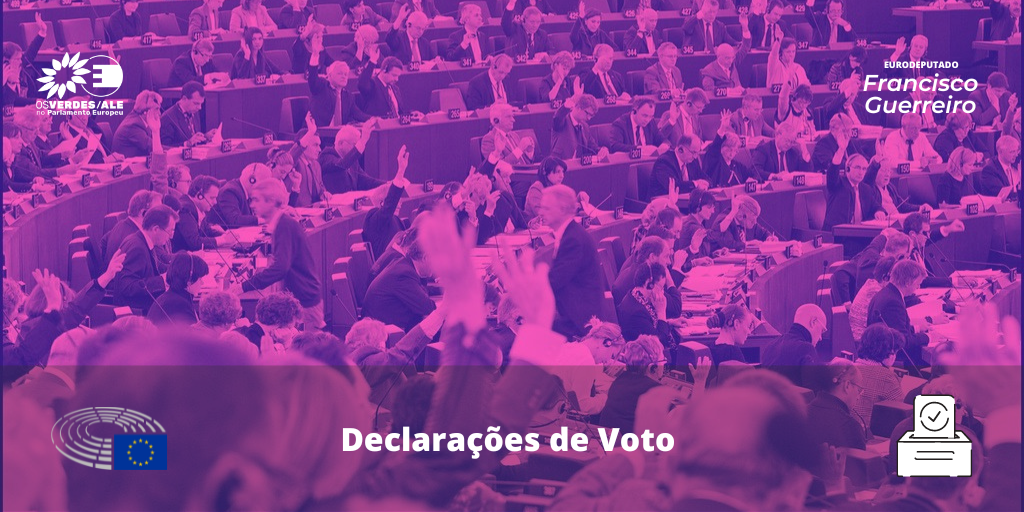
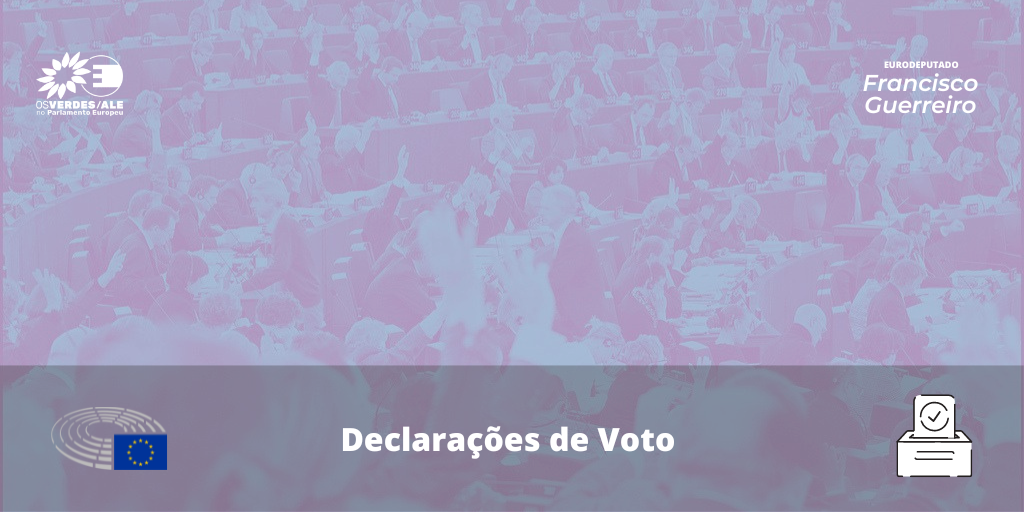
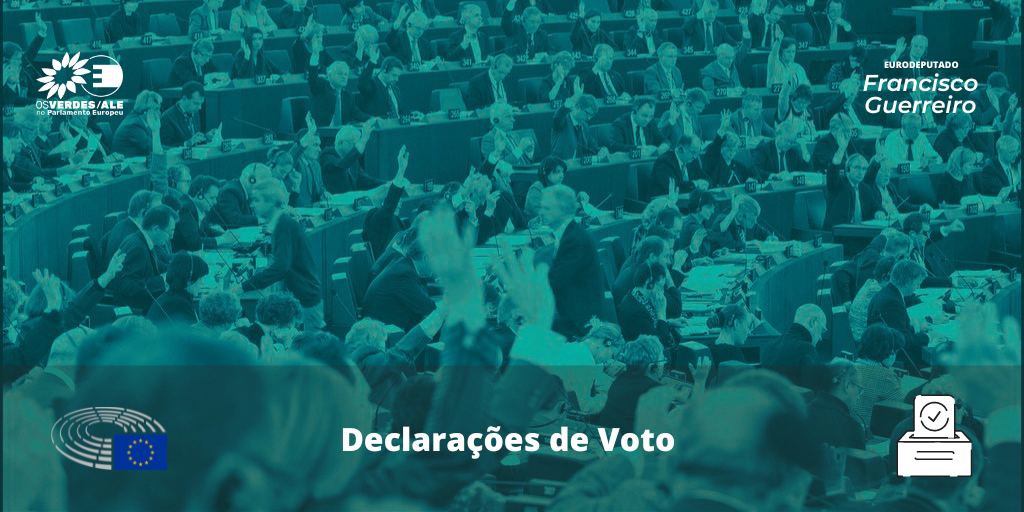
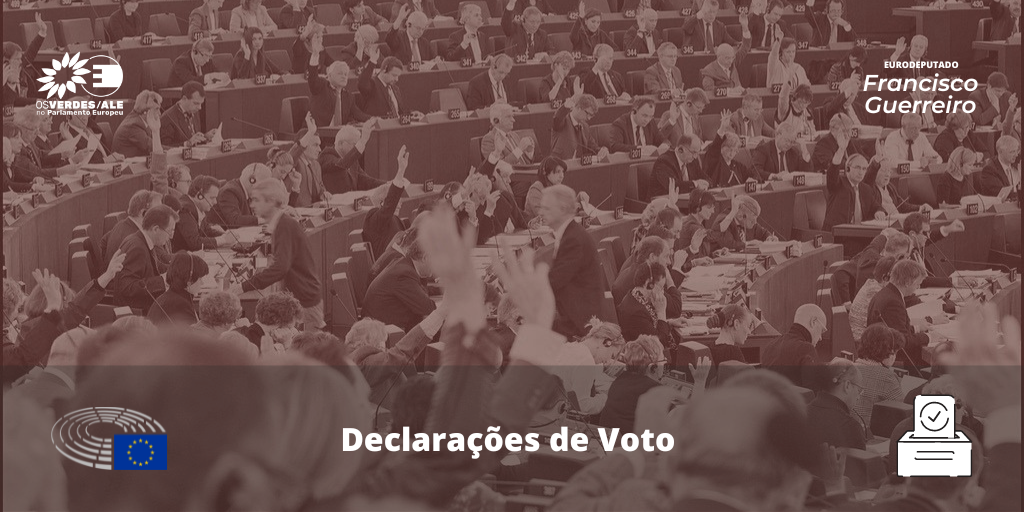
ParlTrack - Francisco Guerreiro considered one of the most productive MEPs
Monday, 01 July 2024
The analytical website ParlTrack has recorded all the parliamentary actions of MEPs during the 2019-2024 term, considering Francisco Guerreiro one of the most productive.READ MORE